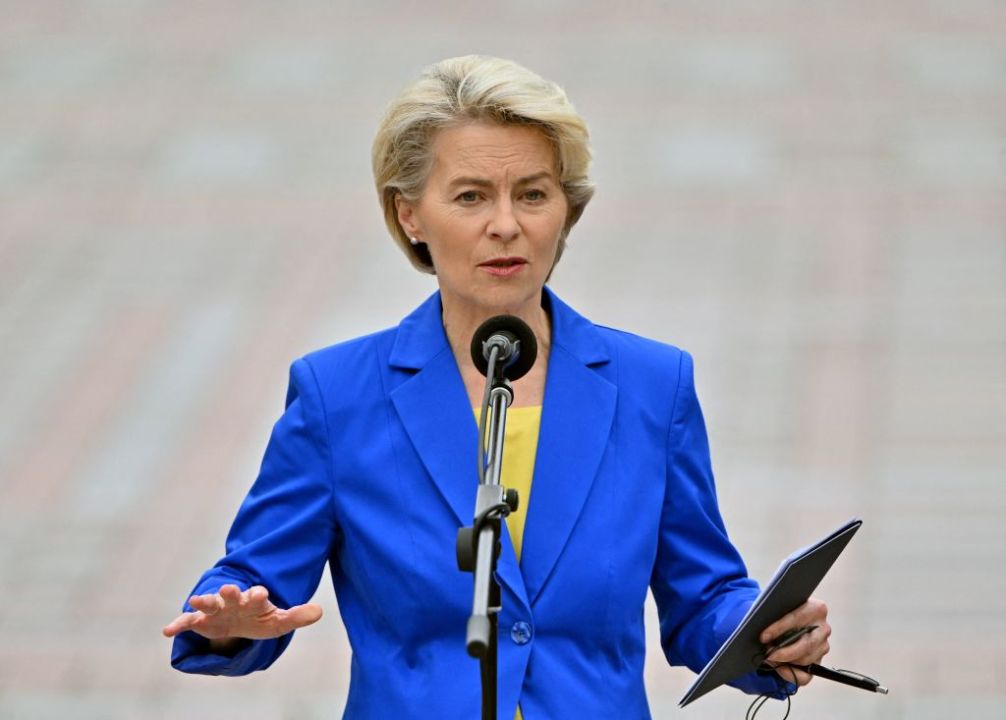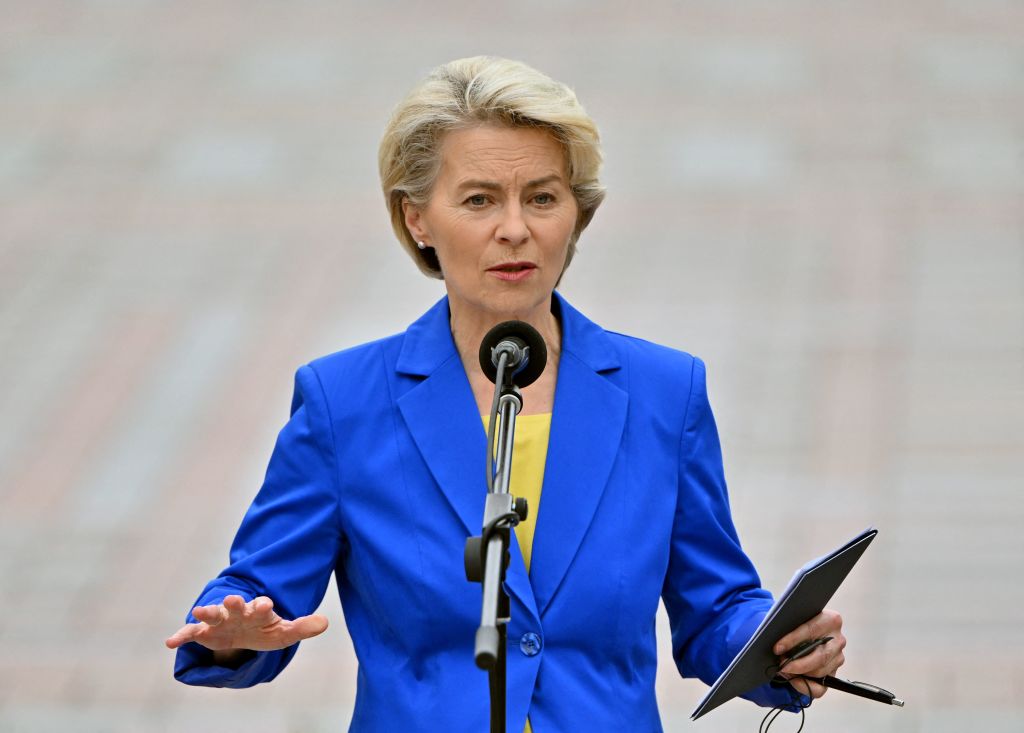Brussels appeared to be finally getting serious with a rogue member state this week. A couple of days ago it announced that it would use its power – which it obtained last year – to withhold €7.5 billion (approximately £6.4 billion) from Hungary unless Viktor Orbán’s Fidesz government cleaned up its act on corruption.
The EU, it is fair to say, has a point. Like a number of other eastern European countries, Hungary is not known for the trustworthiness of its officials, or for its scrupulous avoidance of nepotism and favouritism in awarding state contracts. Nevertheless, as is often the case with EU affairs, outward appearances can be misleading. The reality is a good deal murkier. But it is also rather more interesting.
The first peculiarity in this situation is that the EU’s conditions for releasing the €7.5 billion are surprisingly narrow. When it comes to rule of law, Brussels’s issues with Budapest are wide-ranging, and encompass much more than just corruption. It includes not only graft but issues of judicial independence, media freedom and its allegedly LGBT-unfriendly family policy. Nevertheless, at least for the moment these have been sidelined: the EU has, it seems, tacitly accepted that funds will flow once the problem of corruption is dealt with.
Whatever its internal misgivings, Brussels has every reason to avoid a confrontation at this stage
The second is that, regarding the issue of corruption, the EU’s demands are curiously meagre. The measures required are largely technical: the introduction of an integrity authority and anti-corruption task force. Brussels is also seeking the modification of detailed criminal and public procurement law, the application of EU risk scoring software, and so on. The problem is that laws and measures of this sort are only as effective as the officials operating them. Although the Commission has said that it will need proof that these schemes will work, it is hard to see this as anything other than a matter of highly subjective judgment. Once they are implemented, it seems highly likely that they will be approved whether effective or not.
In short, for all its face-saving bombast, this threat from the European Commission does not look like the act of an EU finally determined to assert its authority. Instead it looks like an organisation desperate to get rid of this dispute even if it means going for a political settlement on the basis of fairly nominal concessions by Hungary.
Nor would this be surprising. Whatever its internal misgivings, Brussels has every reason to avoid a confrontation at this stage.
True, it probably has the votes to take a hard line with Budapest if it pushes the point (under EU rules it needs just 55 per cent of member states representing 65 per cent of the population). But the cost would be a massive political split. Poland has already said it will oppose any withholding of Hungarian funds tooth and nail. If it did, several other member states worried about Brussels’ increasing assertiveness, especially in Eastern Europe, could well follow suit. What’s more, if, as seems likely, Italy this weekend elects a government led by Georgia Meloni and the Fratelli d’Italia, they too would probably do the same. The psychological fallout from a split with one of the big founding EU members would be considerable.
Such a split could not come at a worse time for the EU. At the moment, Brussels needs all the cooperation it can get from its member states, both abroad and at home. Its credibility on Russian sanctions is already dented. This is not only because Germany has dragged its feet and Hungary, being effectively dependent on Russian energy, is unwilling to forgo it and cripple its own economy. Countries such as Italy, Bulgaria and Spain are remarkably lukewarm on any proposals to put further pressure on Russia; in countries such as Slovakia there is a groundswell of sympathy for Russia.
At home, the EU needs cooperation on energy supplies. Although Germany’s gas reserves are currently healthy, it is not clear how long they will last. Southern European states with comparatively weak economies stand to lose a great deal from an energy famine. They will take some persuading to share their own supplies with a Germany which, according to some accounts, has in the past not only obtained gas cheaply from Russia, but then resold it at a handsome profit elsewhere in the EU. This is not the time to antagonise national administrations who could make things difficult.
More generally, the EU’s central direction decision to turn from law to politics demonstrates a seemingly important change in the Eurocrat mindset: namely, a recognition that Brussels’s powers of getting its way at whim are dwindling. The old comforting certainty, under which EU law was seen as sacrosanct and disobedience to the EU court unthinkable, has gone. Newer members like Poland and Hungary feel no such unquestioning loyalty; indeed, even in Germany, the keenest of the original EU states, the courts have contemplated subordinating EU law to at least part of the German constitution.
Nor, for that matter, is even the threat to withdraw funds necessarily as powerful as it once was. Only last week Poland, menaced with the possible loss of a EU Covid recovery loan, pointed out that there was nothing to stop it borrowing the money in the Far East to make up the shortfall. In such circumstances it is not surprising that Brussels should conclude, correctly, that some rough and ready political wooing, rather than peremptory bossing about of elected governments, might in future be more effective to get it what it wants.







Comments